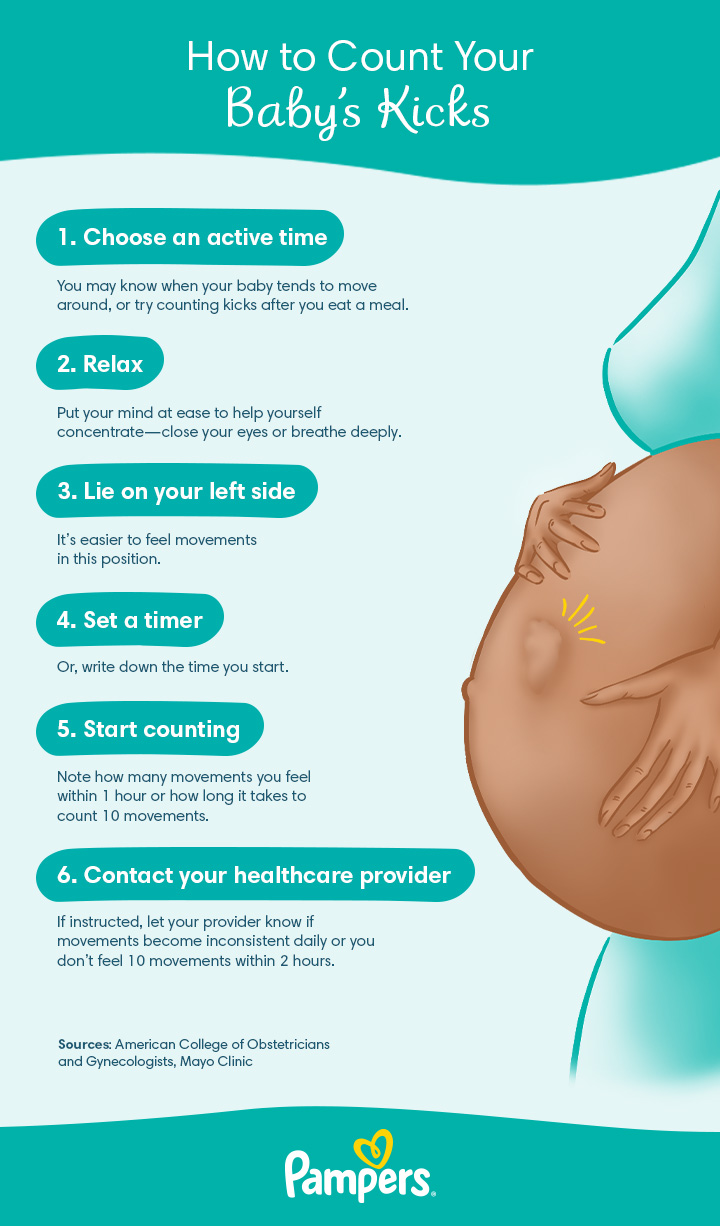
When Can You Feel the Baby Move?
Feeling your baby move for the first time is an unforgettable experience for many expectant mothers. It’s a sign that your little one is growing and developing, and it can be a reassuring reminder that everything is going well. But when can you expect to feel those first flutters?
First Movements
The first movements of your baby, known as quickening, usually occur between 16 and 25 weeks of pregnancy. However, some women may feel them as early as 13 weeks, while others may not notice them until 28 weeks or later.
The timing of quickening can vary depending on several factors, including:
- Placental location: If the placenta is located at the front of the uterus, it can act as a cushion and make it harder to feel the baby’s movements.
- Body size: Thinner women may feel movements sooner than heavier women.
- Activity level: Active women may not notice movements as easily as those who are more sedentary.
- Parity: First-time mothers may not recognize the feeling of fetal movement as quickly as experienced mothers.
Types of Movements
As your pregnancy progresses, you may notice different types of fetal movements:
- Fluttering: These are the first movements you may feel, and they can feel like butterflies fluttering in your belly.
- Kicking: As your baby grows, you may start to feel kicks and jabs, especially in the lower abdomen.
- Rolling: Later in pregnancy, you may feel your baby rolling or turning inside the uterus.
- Hiccups: Fetal hiccups can feel like rhythmic twitching or fluttering.
Frequency of Movements
The frequency of fetal movements can vary throughout pregnancy. In general, you may notice:
- 16-24 weeks: Occasional fluttering or kicks
- 24-28 weeks: More frequent and stronger movements
- 28-32 weeks: Peak activity, with several movements per hour
- 32 weeks onward: Movements may become less frequent as the baby grows larger and has less room to move
Monitoring Fetal Movements
It’s important to monitor your baby’s movements throughout pregnancy. A decrease in movement can be a sign of a problem, such as fetal distress or placental abruption.
If you notice a significant decrease in fetal movement, especially after 28 weeks, contact your healthcare provider immediately. They may recommend fetal monitoring or an ultrasound to check on your baby’s well-being.
Tips for Feeling Fetal Movements
Here are some tips for feeling your baby move:
- Lie down on your back: This position allows the baby to move more freely.
- Place your hands on your belly: Gently press your hands against your abdomen and wait for movement.
- Be patient: It may take some time to feel your baby move, especially if you’re a first-time mother.
- Try different times of day: Babies tend to be more active at certain times of day, such as after meals or in the evening.
- Drink cold water: Some women find that drinking cold water can stimulate fetal movement.
When to Worry
Most of the time, decreased fetal movement is not a cause for concern. However, it’s important to contact your healthcare provider if you notice:
- A sudden decrease in movement: This can be a sign of fetal distress or placental abruption.
- No movement for 12 hours or more: This is especially concerning after 28 weeks of pregnancy.
- Painful or forceful movements: These can be a sign of fetal distress.
Conclusion
Feeling your baby move is a special and reassuring experience during pregnancy. By understanding when to expect movements and how to monitor them, you can help ensure the health and well-being of your little one. If you have any concerns about fetal movement, don’t hesitate to contact your healthcare provider.
